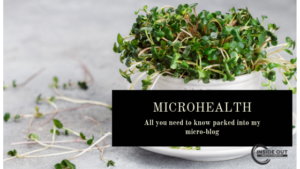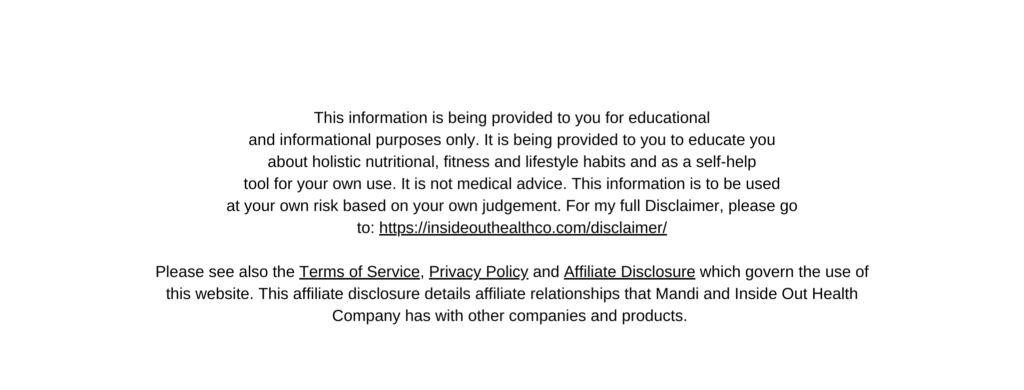
Meet Thyme.
It’s high time you learned about Thyme. (see what I did there? ) With small gentle tendrils reaching out along the ground, you can often find thyme in a rock wall or tucked along a garden path. Their tiny little leaves pack quite a punch in benefits, so this is one herb you want to plant. Thyme can grow seasonally most everywhere. In the colder climates it might not make it through the winter, but you can treat it as an annual.
Thyme has many benefits. I once heard it joke, “that herbs are overachievers,” they do a lot of different actions that bring many benefits. When you use them for one reason you will still get all the other benefits. Thyme is know for being anti-inflammatory( could reduce inflammation), antimicrobial (can aid the body is resisting or destroying pathogens), antioxidant ( Can inhibit oxidative stress), antiparasitic (can aid the body in revisiting or destroying parasites), antispasmodic (can reduce muscle tension), astringent ( can aid in drying action), carminative (can support digestion), diaphoretic (can promote perspiration) and expectorant (can aid in thinning & breaking up mucus and expelling it).
As you can see thyme, regular ol’ cooking thyme brings so much more to the table (pun intended). When using herbs, you can use both fresh or dried herbs. If you ever have excess fresh herbs, dry them to use at a later date. Dried herbs are much more concentrated, so you would use 1/3 less dried herbs to fresh herbs.
Thyme can be a great addition to your cold care routines. You could try making a thyme tea to help with coughs, sore throats and congestion. Note- you’d only want to use this for productive coughs, not dry coughs, as thyme is drying.
Thyme Tea: Simply seep 1 tbsp of dried thyme in 1 ¼ c boiling water. Let stand and cover for 5-10 minutes. Uncover, strain and add some raw honey and enjoy!
You can also add thyme to your first aid kit. Thyme can make an excellent wound wash. You can use a tea or tincture for this. Or you could make a poultice, (poultice simply means a mixture of plant parts similar to a chunky paste) of fresh leaves to use topically for cuts and wounds. Just place it right on top and allow to sit there for 10-15 minutes.
Thyme can also be used within your mouth to help protect your mouth from dental plaque- causing bacteria.
Lastly, thyme can aid in helping for relax the digestive tract and help reduce bloating and gas. Maybe this is why thyme was added to food in the first place. The subtle taste and the fact it helps the eater aid in digestion. If you’re pregnant only use culinary amounts.
How do you like to use thyme?

